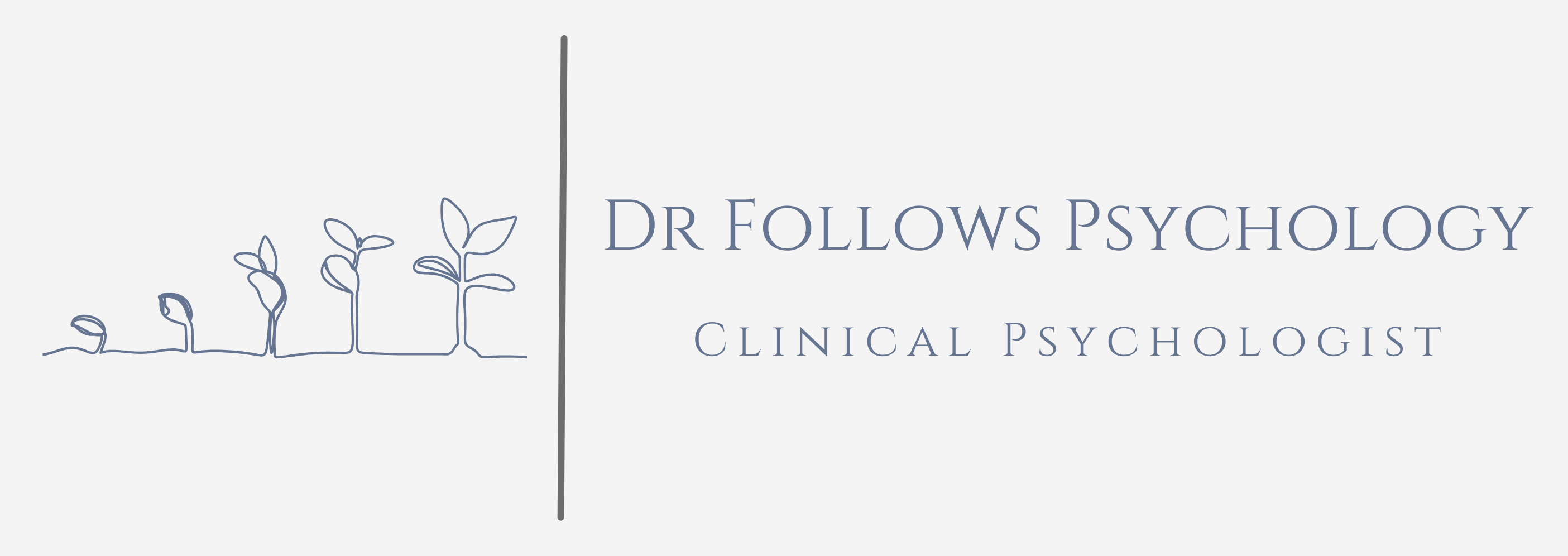Depression
Depression is more than just feeling sad or going through a rough patch. It can affect every aspect of life. Depression is a common mental health condition, affecting approximately one in six people at some point in their lives. While mild depression may have a limited impact, more severe or long-lasting symptoms can make work, relationships, and everyday activities feel overwhelming. You may feel disconnected or stuck in a cycle of negative thoughts and emotions.
Depression can affect individuals in many ways, including:
- Thoughts: Persistent negative, hopeless, or self-critical thinking
- Emotions: Feelings of sadness, guilt, numbness, or irritability
- Physical symptoms: Fatigue, restlessness, changes in sleep or appetite
- Behaviour: Withdrawal, tearfulness, loss of interest in activities
Importantly, depression is treatable, and recovery is possible with the right support. Therapy can help you reconnect with your values, build emotional resilience, and regain a sense of control. Whether you're experiencing persistent low mood, loss of interest in activities, fatigue, or feelings of hopelessness, sessions will be focused on helping you make sense of your experience and find practical ways to cope and heal.
Treatment is guided by clinical research and recommendations from the National Institute for Health and Care Excellence (NICE). Cognitive Behavioural Therapy (CBT) is often the first-line approach for depression. For more complex or longstanding difficulties, including those linked to early life experiences or relationship patterns, Cognitive Analytic Therapy (CAT) may be a helpful alternative or complement.
Each treatment plan is tailored to your unique needs and goals. If you would like to explore how therapy could support you, please don’t hesitate to get in touch.







